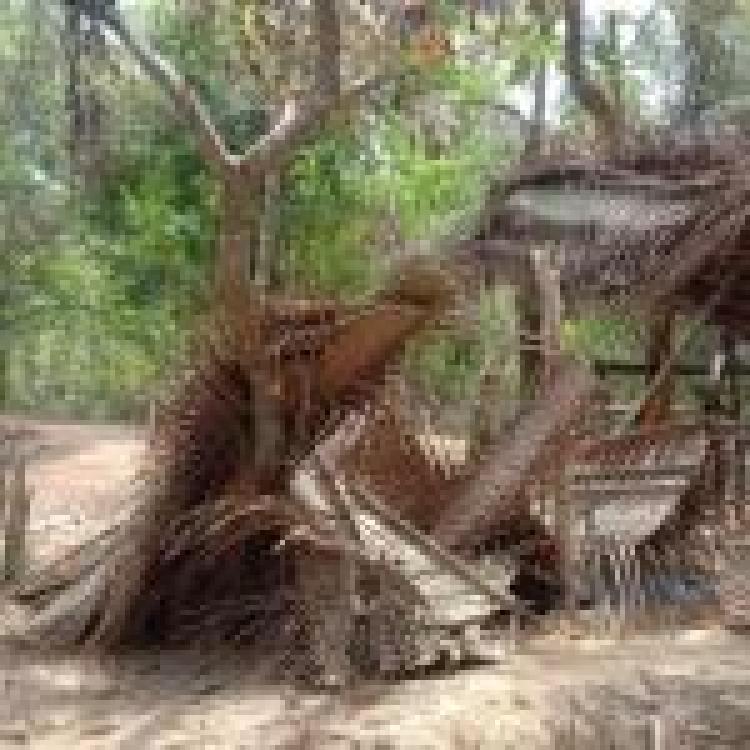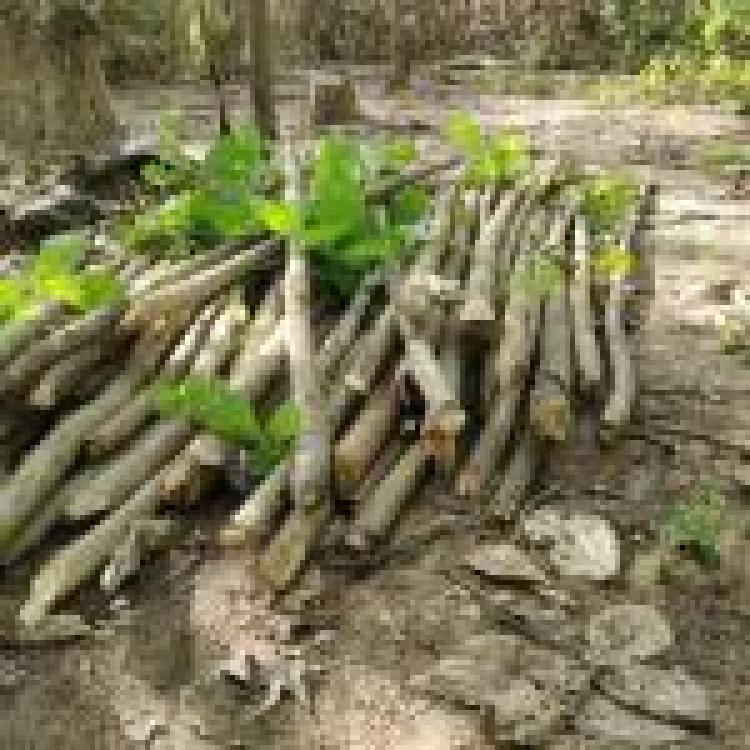The Sri Lankan government plans to allocate land to foreign companies to allow agriculture projects with tax concessions.
The government is planning to hand over thousands of acres of forest land to several local and foreign companies under a new cabinet decision.
Cabinet of Ministers approved a proposal submitted by the Ministry of Wildlife and Forest Resources Conservation on January 23, 2023 to resolve problems relating to forests coming under the purview of the Forest Conservation Department and Wildlife Conservation Department.
According to the cabinet approval, problems of villagers residing and cultivating land allotments in reserve forests for a long period will be solved subject to stipulated conditions.
Under the first phase of this initiative, land allotments in Jaffna, Vavuniya, Mullaitivu Kilinochchi, Mannar, Trincomalee, Ampara, Anuradhapura, Polonnaruwa and Monaragala Districts were to be released to present occupants.
The ministry is now releasing forest reserve lands for mega agriculture development projects of foreign and local companies, several leading environmentalists said.
150 acres in Madhu road Jaffna forest which was declared as a forest reserve on October 10, 2012 under the gazette notification No 1779/15 had been released for development activities by the ministry by issuing gazette notification No 2344 /16.
In addition, 29,000 acres of land in the Mulaithivu forest reserve have been released.
Thailand-based Sutech Engineering company has invested US$400 million for its subsidiary Sutech Sugar Industries Pvt Ltd to implement green field sugar development project taking over 600 acres forest land for a sugar factory in the Vavuniya District belonging toForest Conservation Department with the approval of the cabinet on June 26, 2023.
This company has been given 7000 acres of forest land in the area for sugar cultivation under the same cabinet approval.
The forest department remains at the forefront of land-grabs and Sinhalisation in the North-East, often using spurious claims of conservation to appropriate both residential and agricultural land, while ignoring or even encouraging Sinhala colonisation in the form of settlements and Buddhist shrines built in forests.
Both forest department officials who have attempted to use their authority in the service of genuine conservation, and locals opposing or exposing environmental abuses have often been met with violence. The Tamil Guardian’s own correspondents were severely assaulted in 2020 by timber smugglers in Mullaitivu, and have also been threatened by forest department officials while reporting on land-grabs. In 2016 Sri Lankan soldiers assaulted two Tamil forest department officers for objecting to the military’s illegal logging and wildlife hunting in Kiran, Batticaloa.
Instances of forest destruction and attacks on forest workers by the Sri Lankan state were also frequent during the armed conflict, including during the ceasefire period. In 2006, two forest protection workers, aged 58 and 60, attached to the civilian administration in Vanni were found shot dead in the Panichankulam jungle just days after Sri Lankan army and paramilitary personnel had been spotted in the same jungle.
Read more here


